251631
3-Sulfopropyl acrylate potassium salt
Synonym(s):
Potassium 3-(Acryloyloxy)propane-1-sulfonate
Sign Into View Organizational & Contract Pricing
All Photos(1)
About This Item
Linear Formula:
H2C=CHCO2(CH2)3SO3K
CAS Number:
Molecular Weight:
232.30
EC Number:
MDL number:
UNSPSC Code:
12162002
PubChem Substance ID:
NACRES:
NA.23
Recommended Products
form
powder
Quality Level
mp
302 °C (dec.) (lit.)
SMILES string
[K+].[O-]S(=O)(=O)CCCOC(=O)C=C
InChI
1S/C6H10O5S.K/c1-2-6(7)11-4-3-5-12(8,9)10;/h2H,1,3-5H2,(H,8,9,10);/q;+1/p-1
InChI key
VSFOXJWBPGONDR-UHFFFAOYSA-M
Related Categories
Application
The monomer was polymerized to prepare a hydrogel test bed, which was used in a study an in vitro wound infection model. It was polymerized with N-isopropyl acrylamide to prepare thermoresponsive super water absorbent hydrogels, superporous hydrogels (SPH) and SPH based composites.
Signal Word
Warning
Hazard Statements
Precautionary Statements
Hazard Classifications
Eye Irrit. 2 - Skin Irrit. 2 - STOT SE 3
Target Organs
Respiratory system
Storage Class Code
11 - Combustible Solids
WGK
WGK 1
Flash Point(F)
Not applicable
Flash Point(C)
Not applicable
Personal Protective Equipment
dust mask type N95 (US), Eyeshields, Gloves
Choose from one of the most recent versions:
Already Own This Product?
Find documentation for the products that you have recently purchased in the Document Library.
Customers Also Viewed
Preparation and NMR characterization of superporous hydrogels (SPH) and SPH composites.
Dorkoosh FA, et al.
Polymer, 41(23), 8213-8220 (2000)
Thermoresponsive super water absorbent hydrogels prepared by frontal polymerization of N?isopropyl acrylamide and 3?sulfopropyl acrylate potassium salt.
Scognamillo S, et al.
Journal of Polymer Science Part A: Polymer Chemistry, 49(5), 1228-1234 (2011)
In vitro diffusion bed, 3?day repeat challenge `capacity?test for antimicrobial wound dressings
Greenman J, et al.
International Wound Journal, 3(4), 322-329 (2006)
Thermoresponsive super water absorbent hydrogels prepared by frontal polymerization of N?isopropyl acrylamide and 3?sulfopropyl acrylate potassium salt
Scognamillo S, et al.
Polymer Science, Series A, 49(5), 1228-1234 (2011)
Jiehua Lei et al.
ACS applied materials & interfaces, 9(34), 28209-28221 (2017-08-08)
Glycosaminoglycans (GAGs), especially heparin and heparan sulfate (HS), hold great potential for inducing the neural differentiation of embryonic stem cells (ESCs) and have brought new hope for the treatment of neurological diseases. However, the disadvantages of natural heparin/HS, such as
Global Trade Item Number
| SKU | GTIN |
|---|---|
| 251631-100G | 4061825937854 |
| 251631-500G | 4061832928692 |
Our team of scientists has experience in all areas of research including Life Science, Material Science, Chemical Synthesis, Chromatography, Analytical and many others.
Contact Technical Service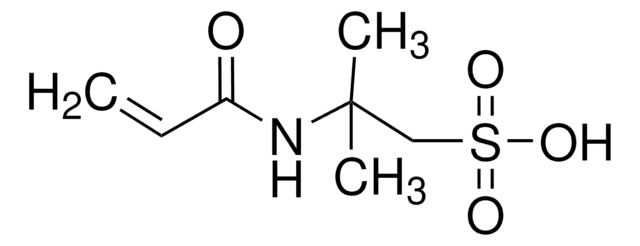
![[2-(Methacryloyloxy)ethyl]dimethyl-(3-sulfopropyl)ammonium hydroxide 95%](/deepweb/assets/sigmaaldrich/product/structures/217/219/73c91e1c-0ee4-4b3d-bead-a6dc3d09d1da/640/73c91e1c-0ee4-4b3d-bead-a6dc3d09d1da.png)
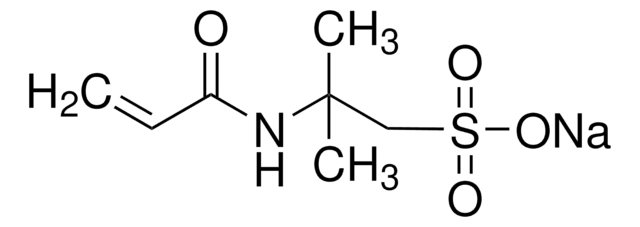
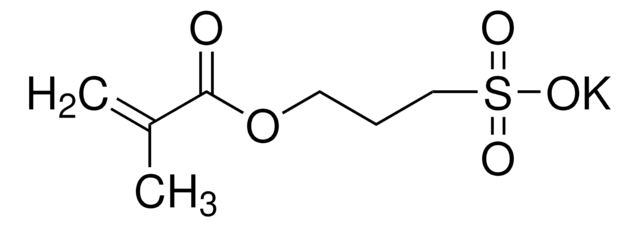
![[2-(Acryloyloxy)ethyl]trimethylammonium chloride solution 80 wt. % in H2O, contains 600 ppm monomethyl ether hydroquinone as inhibitor](/deepweb/assets/sigmaaldrich/product/structures/393/326/f7e19585-5431-4220-81b5-f458de6d63d0/640/f7e19585-5431-4220-81b5-f458de6d63d0.png)

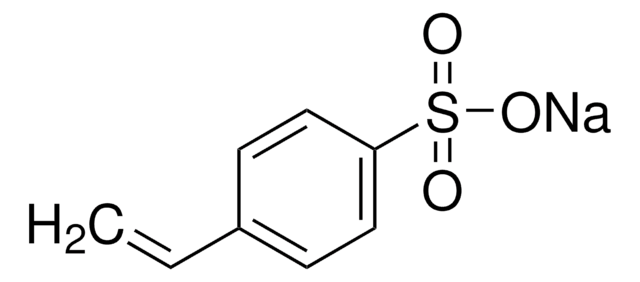
![[2-(Methacryloyloxy)ethyl]trimethylammonium chloride solution 75 wt. % in H2O](/deepweb/assets/sigmaaldrich/product/structures/316/612/66b0f4cf-d060-427d-b4f5-e8fab3e5cffe/640/66b0f4cf-d060-427d-b4f5-e8fab3e5cffe.png)
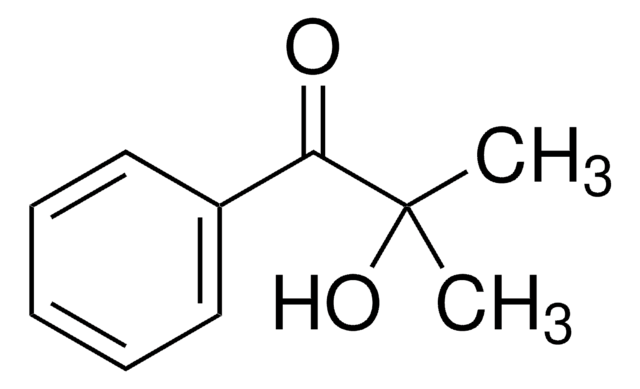


![[3-(Methacryloylamino)propyl]trimethylammonium chloride solution 50 wt. % in H2O](/deepweb/assets/sigmaaldrich/product/structures/189/736/089bc8ae-2a98-416d-9f9a-a0a510b6b828/640/089bc8ae-2a98-416d-9f9a-a0a510b6b828.png)

